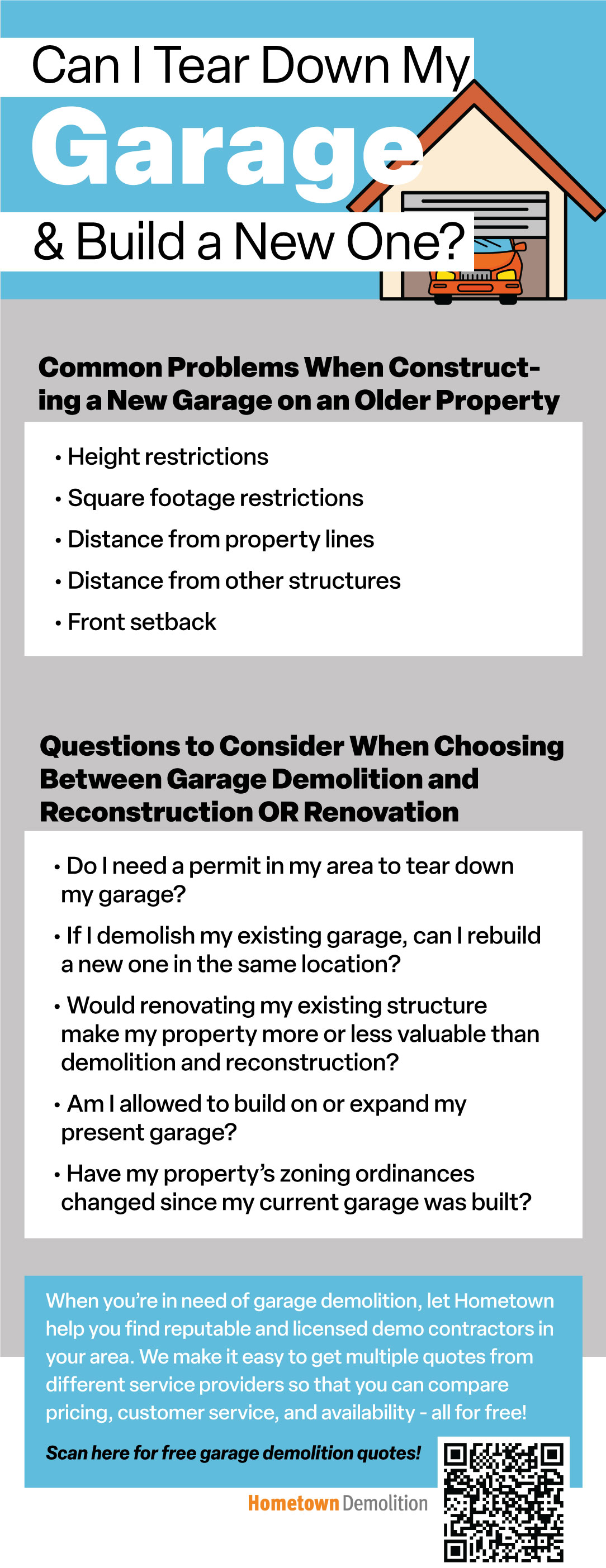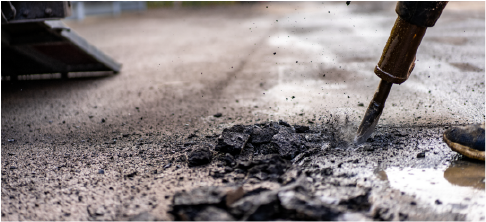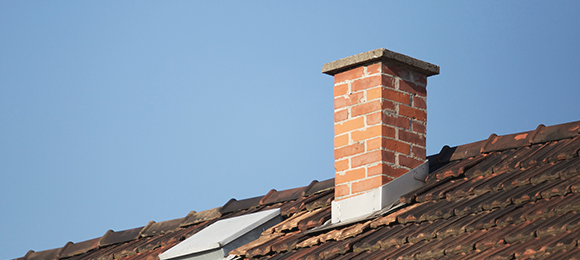
Updated September 20, 2023
If you have an older garage that is outdated or too small, you may be considering tearing down your existing garage to make way for a new one.
While updating your garage may seem like a foolproof way to increase your property value, there are many things to consider before beginning demolition.
It is important to do thorough research on the zoning requirements your property falls under.
Oftentimes in older, urban areas, garages were built on the property line to utilize as much space as possible. In many of these cases, local zoning ordinances have since changed their requirements to no longer allow such placement.
In these instances, these garages are considered a legal non-conforming use, also known as being “grandfathered in” to the old ordinance.
Once you demolish this structure, however, new construction is typically held to the most current building standards.
We'll go over potential zoning ordinances you may fall under as a homeowner wanting to remove and replace a garage so that you consider all factors when deciding whether demolition/construction or renovation is the best option for you.
Jump to:
- Size Restrictions
- Distance From Property Line
- Distance From Other Structures
- Front Setback
- Doing Your Research
- Questions to Consider
Find garage demolition contractors near me

Size Restrictions
If the height of your “grandfathered in” garage is taller than current zoning regulations, you risk losing the added benefit of the additional height in your new build. This also applies to square footage.
In Madison, WI, for example, some districts are zoned so that square footage must not exceed 576 square feet, while other districts allow up to 800 square feet.
So if your old garage exceeds the total square footage of your current zoning restrictions, renovating your garage might be better for your property value than completely demolishing it.
This additional garage square footage could make your property more desirable to buyers should you decide to sell your home in the future.
Distance From Property Line
While the placement of your current garage may be directly on, or very close to, your property line, current zoning will likely require that your new construction be a specific distance from your property line.
While this may not seem like a problem, it can lead to other placement issues.
Cincinnati, OH zoning ordinances, for example, mandate that all structures on a residential lot be at least 3 feet away from the back and side property lines.
This won't apply to all situation, of course, but it could mean that your garage rebuild would have to be smaller in order to accommodate these placement restrictions.
That is why it's important to consider all your specific zoning requirements ahead of time rather than halfway through your rebuild.
Distance From Other Structures
Similar to requirements regarding the distance from structures to property lines, there could also be distance requirements from one structure to the next.
Moving your new garage father away from the property line may consequently cause it to be too close to your home or shed.
For example, Phoenix, AZ requires that detached garages be at least 6 feet away from the home, 3 feet from the property line in all directions, and no more than 15 feet in height.
Learn more:
- Boost Property Value with Garage Repair or Replacement
- DIY vs. Hiring Professionals: Making the Right Choice for Garage Demolition
- Garage Demolition Cost Guide: How Much Does it Cost to Tear Down a Garage?
Front Setback
Every city has its own set of standards for how close residential structures can be to the front of their property line, or as the name suggests, how far these structures are “set back” from the front of the lot.
This is why most garages you see are located farther back on the property than the home. If this requirement has changed since your garage was built, you may have to rebuild your new garage farther back on the property than you’re used to.
Some districts in Boston, MA, for example, require that garages have a front setback of 75 feet, or if that be less, no more than 3/4 the depth of the lot.
When paired with other placement and/or sizing restrictions, it's important to have a plot of your property on hand to visualize how legal placement of a newly constructed garage would impact the current layout of your land.
You could also speak with a licensed contractor experienced in garage demolition, construction, and renovation in your area. They'll know and understand all the current zoning restrictions your property falls under and will help advise you on the path forward to solving your undesirable garage issue.
Doing Your Research

Researching your local zoning ordinances, as well as finding the right contractor in your area, are crucial first steps to finding out if demolishing your existing garage is the best use of your time and money.
While every city may have different rules and regulations, the universal rule is that your local contractor should have the knowledge and experience to walk you through your options.
If your contractor seems unsure or uninterested in which permits are required for your particular property, take that as a red flag and find another contractor before moving forward with your project.
Demolition, construction, or renovation without the proper permits can have financially devastating consequences. Homeowners risk fines of several times the amount of the project if not done properly.
Planning a successful demolition or renovation project is crucial so that you do not risk the structure's safety and integrity, potentially resulting in damage to plumbing, electrical systems, or worse yet, bodily harm.
In some cities, like Chicago, IL, a permit to build a garage will not be granted if the previously standing garage was demolished without a permit. Tearing down your garage before doing the necessary research can result in the prevention of constructing a new one.
Questions to Consider Before Making a Decision
Ask and answer these questions before making a final call regarding your garage demolition/reconstruction project:
- Have my property’s zoning ordinances changed since my current garage was built?
- Do I need a permit in my area to tear down my garage?
- If I demolish my existing garage, can I rebuild a new one and the same location? Can it be the the same size?
- Am I allowed to build on, or expand my present garage?
- Should I renovate my existing structure instead of constructing a brand new one?
If you find through your research that demolishing and rebuilding your garage may not be possible due to your local ordinance laws, don’t lose hope.
You may be eligible to apply for a zoning variance, which if granted, would allow you to deviate from the current zoning requirements.
Every circumstance is different, but speaking with knowledgeable contractors and local officials in your area may be the key to finding a loop-hole.
Finding reputable, reliable garage demolition contractors can feel like a daunting task, but it's critical in ensuring you and your property are in the best hands.
Hometown makes it easy to find and compare local demolition contractors across the U.S.
You can read more about each company, check out verified reviews from real customers, and request free quotes in order to adequately compare each demolition company's pricing, customer service, experience, and availability.
Get free garage demolition quotes from local contractors
Keep reading:


